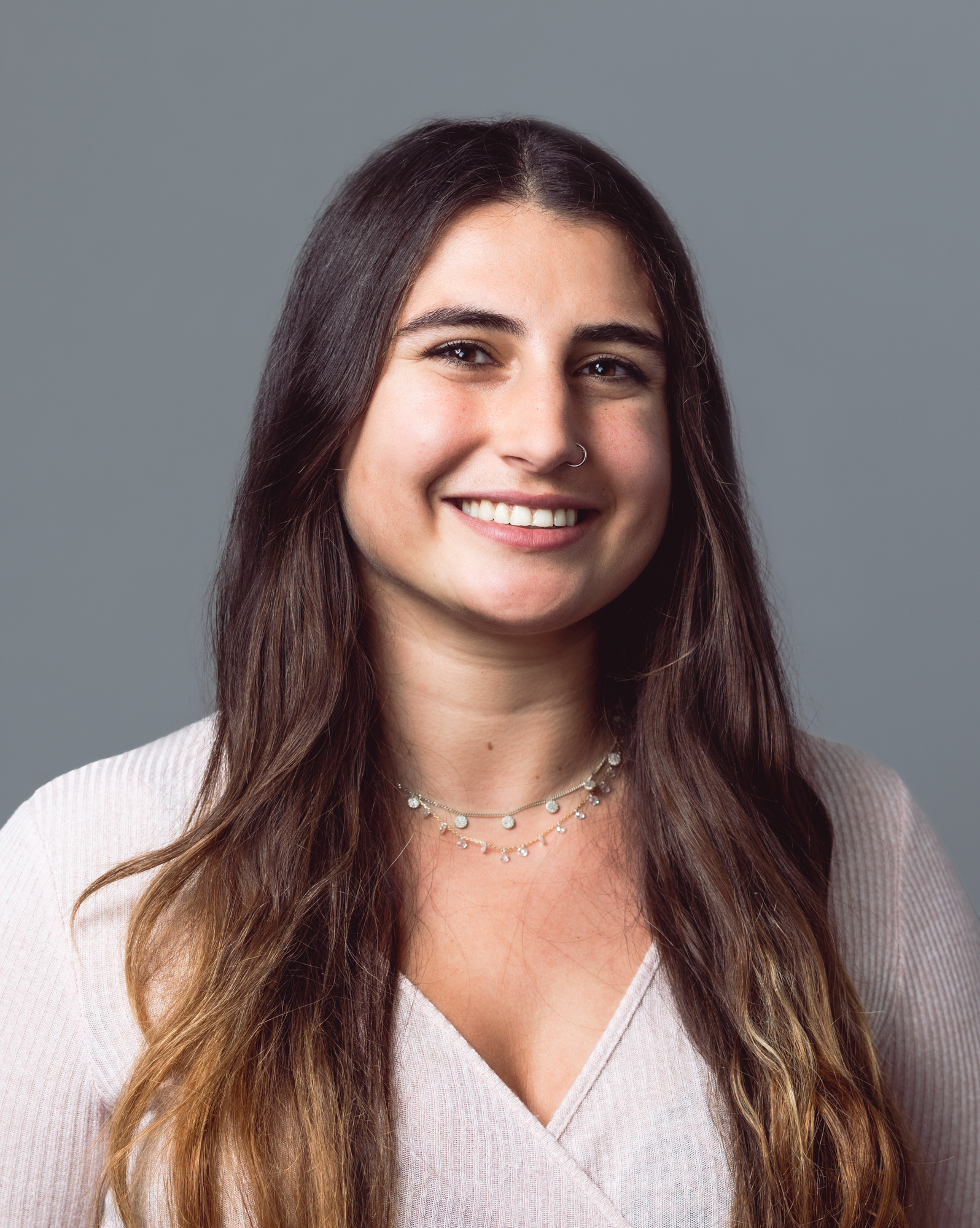Convocation spotlight: PhD Medical Sciences '22 grad Yuliya Fakhr
24 November 2022

PhD in medical sciences '22 grad Yuliya Fakhr. Photo supplied.
What are you most proud of from your time in the program?
I am most proud of all the undergraduate trainees I mentored and supervised. My PhD supervisor, Dr. Denise Hemmings, was very supportive and gave me the space to develop my teaching style and supervision over the years. I truly learned so much about communication, empathy and building lifelong relationships and networks through these experiences. It is also so rewarding to watch people you mentored find their passion with science and go on to do amazing things later in life!
What was the biggest challenge you faced?
The biggest challenge I faced is the passing of one of my first undergraduate trainees, Saba Saadat, on the PS752 flight in 2019. It was one of the most profoundly saddening experiences for me, and it took me a long time to recover and feel comfortable in my workspace again. Being in this grief together with my lab group and the department made us truly realize the care and support we have for each other, and this was crucial for our recovery.
What initially drew you to this area of study?
I come from a place where women's health is often put on the back burner. I went into pregnancy research because I truly care about women's and other vulnerable people's health. Pregnancy is one of the most stressful and vulnerable experiences a person can face, and working on making this experience easier was really rewarding.
What lessons will you take from pursuing a degree during the pandemic?
Doing the degree during the pandemic was difficult in many ways. My biggest takeaway is that when you have support and accountability from your peers and mentors, things are more manageable. Just having journal clubs, weekly check-in online meets and working together on future proposals for when the lab is up and running was very motivating. I learned that building a solid network with your peers makes all the difference when unexpected life events happen.
What comes next for you in your career?
I have joined the CIHR Institute of Circulatory and Respiratory Health as the lead of institute programs. I am very excited about working with a bright and collaborative team to apply strategic and sustainable ways to support both the research community and to address the critical areas of focus for health research. I have learned so much already by being exposed to all the different perspectives of researchers, health professionals, policy-makers, and persons with lived/living experiences. There has definitely been a steep learning curve, but my strong biomedical training enabled me to be proactive and perseverant and to develop top-notch troubleshooting skills. I am now excited to bring these strengths to help support the research ecosystem.
What advice would you give to a student thinking of entering your program of study?
My biggest advice for future students is to spend time picking a research environment where they feel most supported. That includes choosing and developing relationships with your mentors, supervisors and research peers. Graduate degrees are long and hard journeys, and having good people in your corner makes it worth the ride!